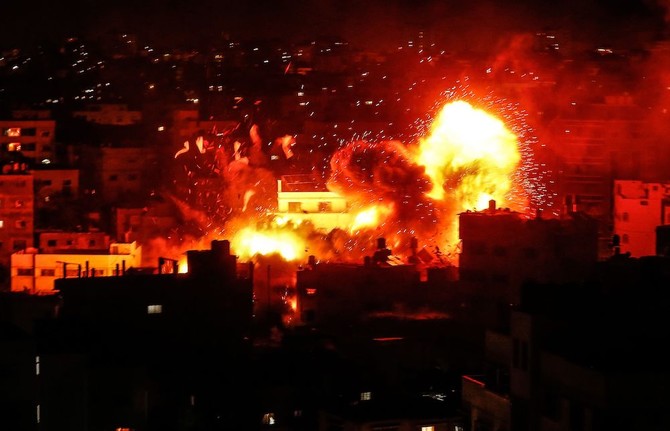Spike in attacks Poses Test for Israel’s Government.
Spike in attacks Poses Test for Israel’s Government.
A Palestinian gunman killed at least three Israelis and wounded several others in a shooting on a bar in one of the city’s busiest streets in the Israeli coastal city of Tel Aviv. Hundreds of Israeli special forces, airborne commandos and police already on high alert when the shooting took place, prompting a major manhunt. The man was killed by Israeli security forces after the hours-long search for him through the city.
The shooting comes amid a wave of attacks in recent weeks, the deadliest to hit Israel in years. Fourteen people have been killed in attacks carried out by Palestinians from Israel or the West Bank in 16 days. The attacks ended ten months of relative calm in the conflict between Israel and the Palestinians.
No group had claimed responsibility for the attacks and the attackers came from different communities and backgrounds. Three were Arab citizens of Israel with one was a Bedouin from the Negev desert) who had tried to join Islamic State group; two were Palestinians from the West Bank.
The attacks and clashes came at a particularly sensitive time. The holy month of Ramadan this year coincides with Passover, a major weeklong Jewish holiday.
A year ago, there was a month of constant clashes on the eastern, Arab side of Jerusalem. Hamas, the Islamist group that runs the Gaza strip, then joined in, firing rockets at Israel for 12 days, provoking a devastating wave of Israeli air raids on Gaza and widespread riots in mixed Jewish-Arab towns in Israel proper.
“There’s a general feeling in Jerusalem that this Ramadan has got to be different,” says a Palestinian stall-owner. “The Israeli police are behaving better, not firing skunk all over the place.” Last year Israeli anti-riot police sprayed the area with a putrid liquid that lingered in the air for days. Now the strongest smell is from shisha pipes.
Gaza, still under a state of semi-siege imposed by Israel and Egypt, has been calm this year, too. Hamas has not fired any of its arsenal of rockets since a ceasefire, in May 2021. While congratulating the recent attackers, it has prevented smaller Palestinian factions such as Islamic Jihad from launching rockets.
All the same, the outbreak of violence has come at a bad time for Israel’s government. Not yet ten months into its term, the unwieldy coalition of eight disparate parties lost its majority in the 120-member Knesset when a member of the party of Naftali Bennett, the prime minister, defected. The government can persevere without a majority, at least for a while, but if it were to lose another right-wing waverer, an election could be called.
This political pressure could prod Mr Bennett to act tougher on security. So far Palestinian workers are still allowed to travel from the West Bank to jobs in Israel. A limited number may enter for prayers at the al-Aqsa mosque. But the government has closed the West Bank town of Jenin to Arab visitors from Israel, since two of the attackers were from there. Israel has also doubled the number of troops in the West Bank. On April 10th a Palestinian woman, who turned out to be unarmed, was shot dead at an Israeli roadblock because she was “moving suspiciously”. “If the politicians try to show they’re tough and more people get killed, things can kick off very fast,” warns an Israeli security official. ■
.

